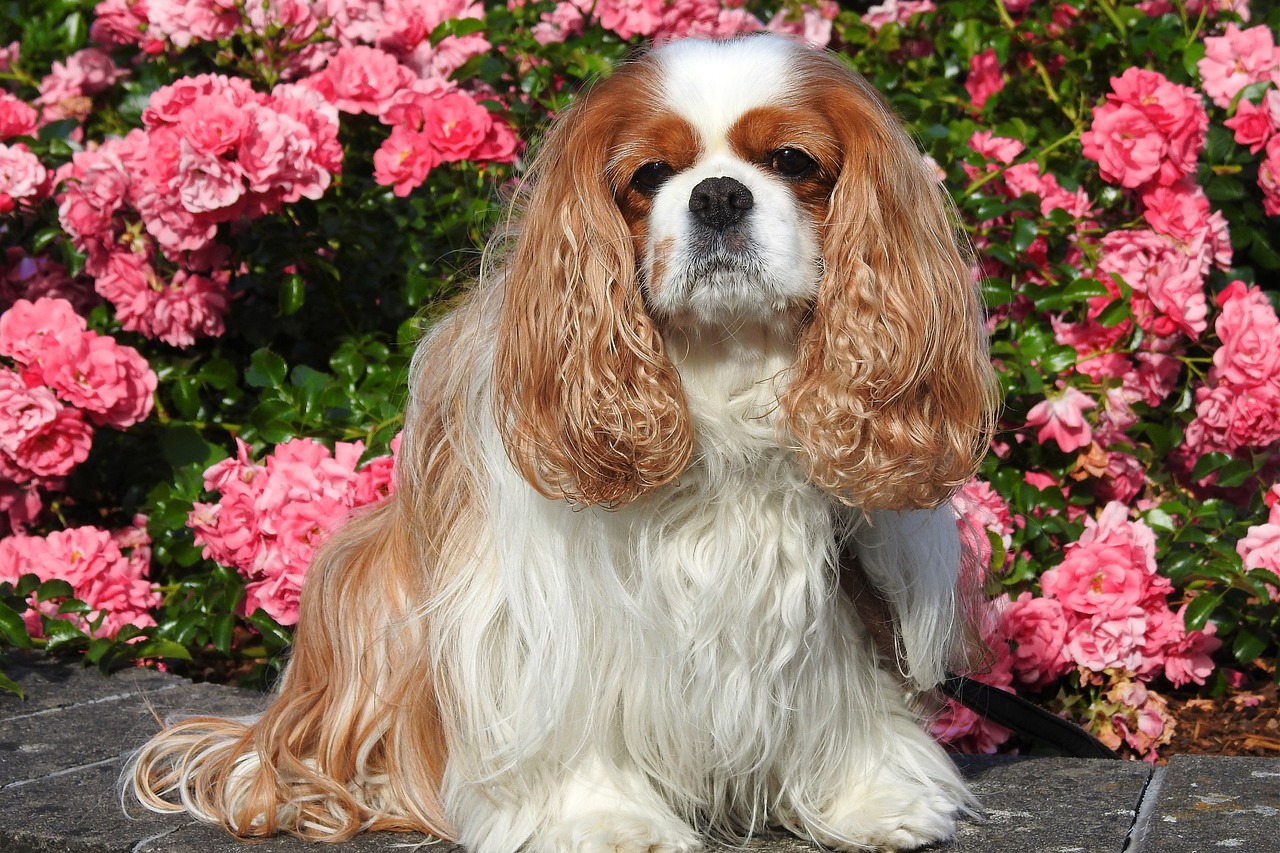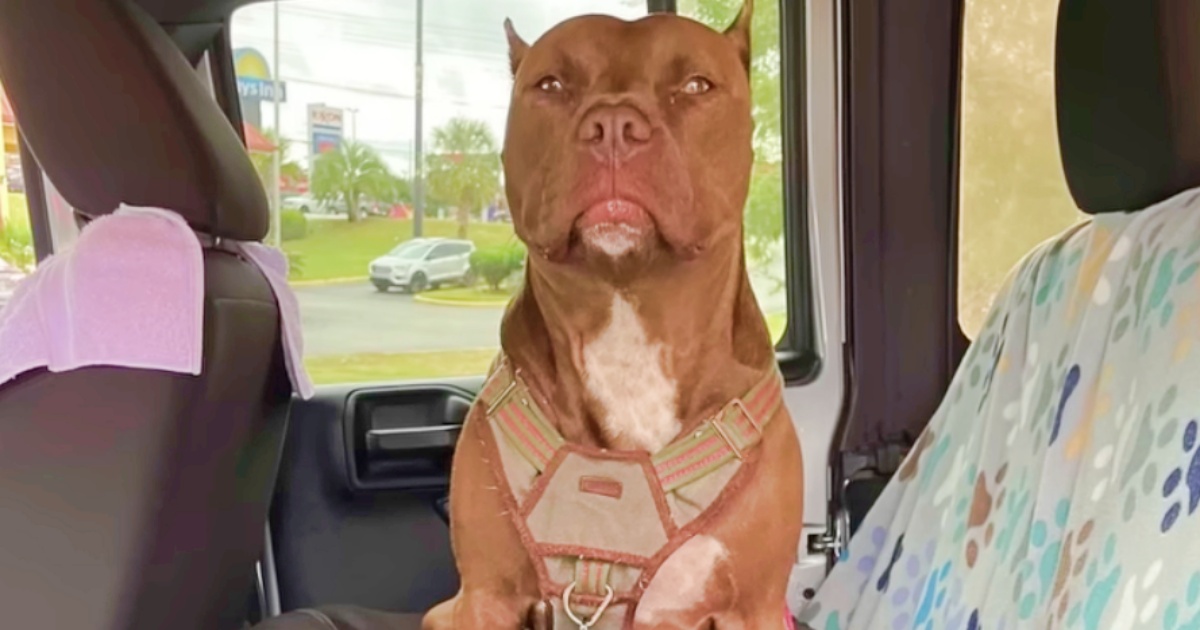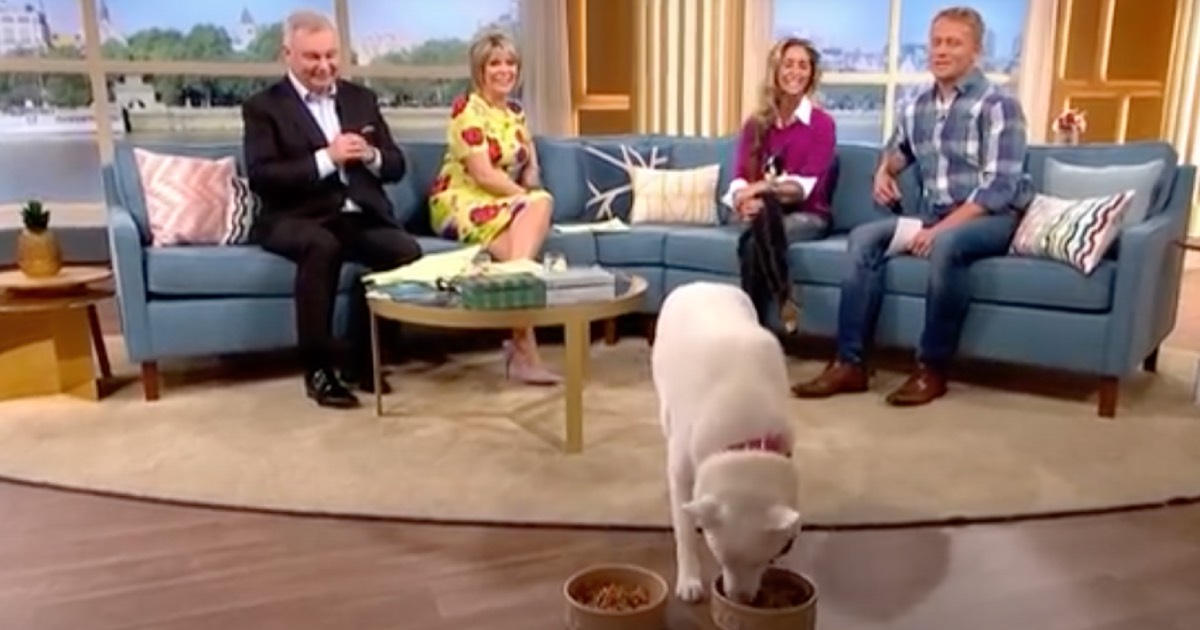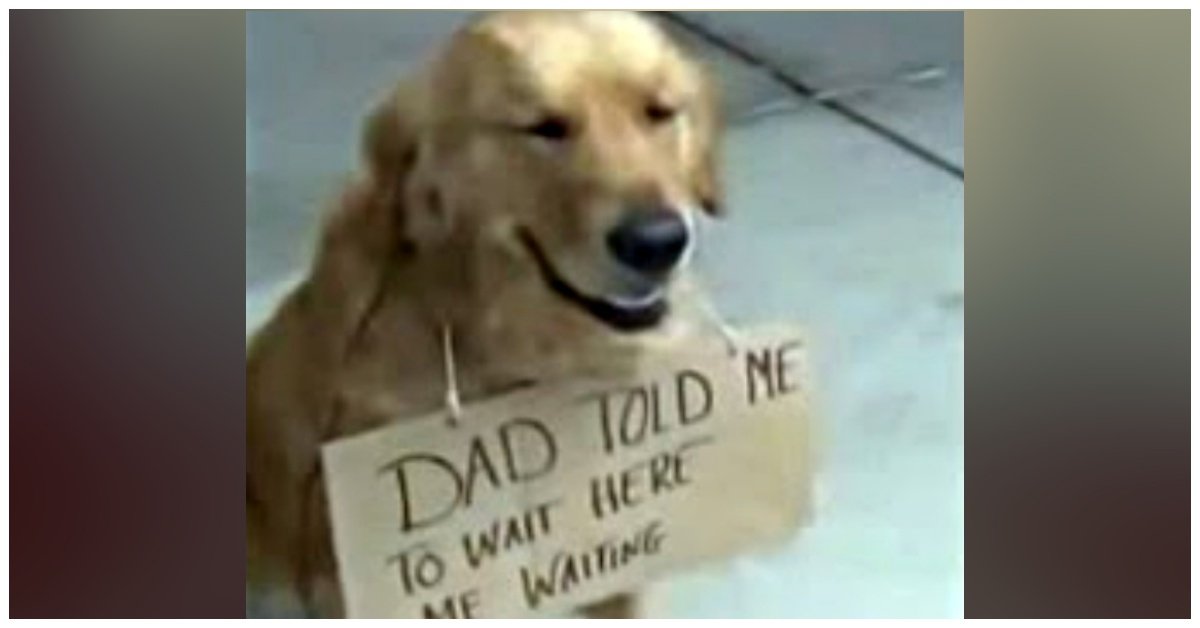Cavalier King Charles Spaniels, with their endearing eyes and affectionate nature, is one of the most beloved dog breeds. However, Cavaliers are prone to weight gain, which can exacerbate health issues like heart disease, joint problems, and respiratory conditions. As such, maintaining an ideal weight is crucial for their overall health and longevity. This article provides seven detailed tips to help your Cavalier shed excess weight and lead a healthier, more active life. Each tip is aimed at addressing specific aspects of diet and lifestyle, tailored to the unique needs of the Cavalier breed.
Cut Down on Carbs
Reducing carbohydrates in your Cavalier’s diet is a vital first step in weight management. Many commercial dog foods are high in grains and other carb sources, which can lead to weight gain, especially in less active dogs. Instead, focus on a diet that prioritizes proteins. Proteins are essential for maintaining lean muscle mass and can promote a more active metabolism. When selecting dog food, look for options where quality meats are the primary ingredients, and grains are minimal. Remember, dietary changes should always be discussed with your veterinarian to ensure they meet your dog’s specific health requirements.
Increase Protein Intake
Increasing the protein content in your Cavalier’s diet can significantly aid in weight loss. Protein-rich foods help in building and maintaining muscle mass, which is essential for a healthy metabolism. Furthermore, protein can increase the feeling of fullness, potentially leading to reduced calorie intake. Good sources of protein for dogs include lean meats, fish, and eggs. However, it’s crucial to strike the right balance, as excessive protein can lead to other health issues. Consulting with a veterinarian to determine the appropriate level of protein for your Cavalier is advisable.
Replace Kibble with Low-Calorie Veggies
Incorporating low-calorie vegetables into your Cavalier’s diet can be a beneficial strategy for weight loss. Vegetables like carrots, green beans, and broccoli are not only low in calories but also provide essential nutrients and fiber. Replacing a portion of your dog’s regular kibble with these vegetables can reduce overall calorie intake while keeping them satiated. Introduce new vegetables gradually to avoid digestive upset and ensure that they are safe for canine consumption.
Regular Exercise
Exercise is crucial for Cavaliers, known for their playful yet often sedentary nature. Regular physical activity helps burn excess calories and improve overall health. Activities suitable for Cavaliers include brisk walks, interactive play sessions, and light-fetching games. The amount and type of exercise should be tailored to your dog’s age, health status, and fitness level. Always consult with your vet to create an appropriate exercise regimen for your Cavalier’s weight loss journey.
Monitor Treat Intake
Treats, while an important tool for training and bonding, can contribute significantly to weight gain if given in excess. Opt for healthy, low-calorie treats and limit their frequency. Alternatively, consider using a portion of your Cavalier’s daily kibble allowance as treats. Keeping track of how many treats your dog is getting and adjusting the quantity accordingly is crucial for weight management.
Consistent Feeding Schedule
Establishing a consistent feeding schedule can help regulate your Cavalier’s metabolism and control their appetite. Feed them at the same times each day and measure their food portions accurately to avoid overfeeding. Using a measuring cup or a scale ensures you are providing the correct amount of food as recommended by your vet.
Regular Vet Check-ups
Regular vet check-ups are essential for monitoring your Cavalier’s weight loss progress and overall health. Your veterinarian can provide personalized advice based on your dog’s specific needs and identify any underlying health issues contributing to weight gain. They can also help in adjusting your dog’s diet and exercise plan as needed. Regular veterinary care is a key component in maintaining your Cavalier’s health and ensuring successful weight loss.
Helping your Cavalier lose weight requires a multi-faceted approach, combining dietary changes, regular exercise, and vigilant monitoring. By implementing these strategies, you can significantly improve your Cavalier’s health, enhance their quality of life, and potentially extend their lifespan. Remember that each dog is unique, and any changes to diet and exercise routines should be made under the guidance of a veterinarian.
How to Know if Your Cavalier Needs to Lose Weight
1. How can I tell if my Cavalier is overweight?
To determine if your Cavalier is overweight, check for visible waistline absence, difficulty in feeling their ribs under the skin, and a general lack of energy. Overweight Cavaliers may also show reluctance to exercise and appear more lethargic than usual. Regular body condition scoring can help you monitor your weight.
2. What are the health risks for an overweight Cavalier?
An overweight Cavalier faces several health risks, including joint problems, heart disease, increased risk of diabetes, and respiratory issues. Excess weight can lead to reduced mobility and overall decreased quality of life.
3. How much exercise does a Cavalier need to lose weight?
Cavaliers typically require moderate exercise for weight loss, around 30 to 60 minutes daily. This should include a combination of walking, playtime, and other light activities. The intensity should be adjusted according to the dog’s fitness level.
4. What kind of diet is best for a Cavalier to lose weight?
A balanced diet that is high in protein and low in carbohydrates, with controlled portion sizes, is ideal for a Cavalier’s weight loss. Choose dog food formulated for weight management, and consult with a veterinarian for personalized dietary advice.
5. Are there specific weight-loss dog foods for Cavaliers?
There are dog foods available that are specifically formulated for weight management, offering balanced nutrition with lower calories. These can be effective for Cavaliers needing to lose weight, but it’s important to consult with a vet before making any dietary changes.
6. Can Cavaliers have treats while on a weight loss plan?
Cavaliers can have treats while on a weight loss plan, but it’s important to choose low-calorie, healthy options and limit their quantity. Treats should not constitute a significant portion of their daily calorie intake.
7. How do I measure portions correctly for my Cavalier’s diet?
To measure portions correctly for your Cavalier’s diet, use a measuring cup or a kitchen scale, and follow the feeding guidelines provided by the dog food manufacturer or your vet. Regular monitoring and adjustments may be necessary based on your dog’s weight loss progress.
8. Is it normal for a Cavalier to lose weight slowly?
Yes, it’s normal and healthier for Cavaliers to lose weight slowly and steadily. A healthy rate of weight loss is typically about 1% of their body weight per week. Rapid weight loss can be harmful and unsustainable.
9. Should I change my Cavalier’s feeding schedule for weight loss?
Altering your Cavalier’s feeding schedule can assist with weight loss. Feeding them smaller, more frequent meals can help regulate their metabolism and prevent overeating. Consistency in meal times is also important.
10. How can I keep my Cavalier motivated to exercise?
To keep your Cavalier motivated for exercise, introduce variety in their activities, such as different walking routes or fun play sessions. Positive reinforcement and discovering exercises that they enjoy can also maintain their interest in staying active.
11. What are the signs of successful weight loss in Cavaliers?
Signs of successful weight loss in Cavaliers include a more defined waistline, ribs that are easily felt but not visible, increased energy levels, and improved mobility. Regular weigh-ins and body condition assessments are effective ways to track progress.
12. Can health issues cause weight gain in Cavaliers?
Yes, certain health conditions, like hypothyroidism, can lead to weight gain in Cavaliers. If you notice unexplained weight gain, consult with a veterinarian to rule out any underlying health issues.
13. Is a specific diet recommended for weight loss in Cavaliers?
While there’s no one-size-fits-all diet for weight loss in Cavaliers, a diet higher in protein and lower in carbohydrates, with balanced nutrients, is generally recommended. It’s important to consult with a veterinarian to tailor the diet to your dog’s specific needs.
14. What role does water play in my Cavalier’s weight loss?
Water plays a crucial role in weight loss, as it aids in digestion, helps to keep your Cavalier hydrated, and can provide a feeling of fullness, reducing the urge to overeat. Ensure your dog has constant access to fresh water.
15. How often should I weigh my Cavalier during their weight loss journey?
Regular weigh-ins, ideally every two weeks, are important to monitor your Cavalier’s weight loss progress. This helps in making timely adjustments to their diet and exercise regimen.




